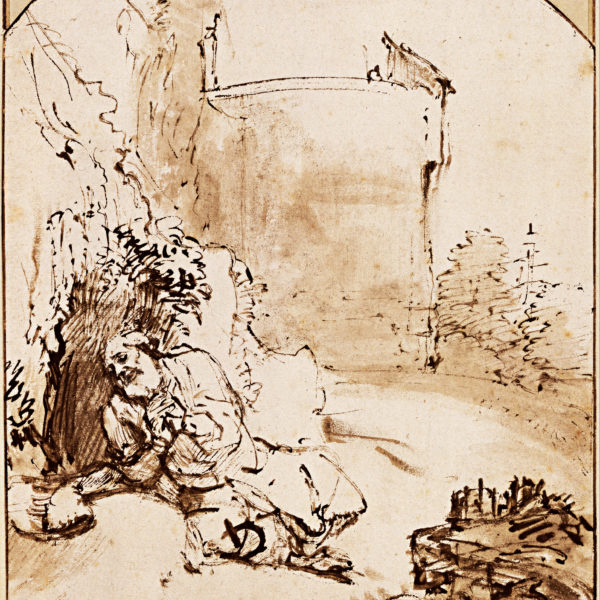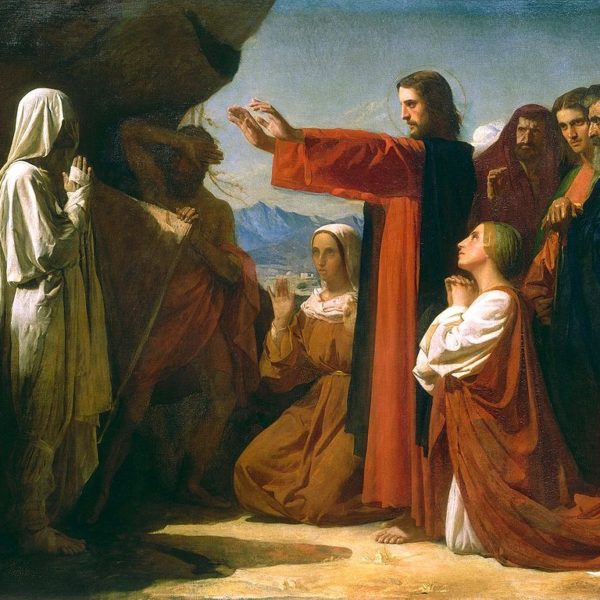
As we enter a new election season with our polarized political communities occupying different epistemologies and worlds, it remains an open question what it will look like for us to cultivate a better politics. We are caught in a riptide, being pulled further apart with few resources at our disposal for anything other than the zero-sum game we’ve inherited. The Jonah story, however, offers a different kind of political imagination, where God confronts and offers grace to enemies by putting them into contact with one another. This multi-layered grace introduces moral complexity and political uncertainty, but it also opens the door to a world not entirely determined by scarcity and competition.

Since the risen Christ embodies the gift of hope for those who follow the post-resurrection Christ, our reading of the Johannine narrative on the encounter between the risen Christ and the followers ought to open our hearts to encountering difference as an opportunity to replicate the gift that the followers received – openness to difference as the means by which God chooses to make God present in our world.

The prophet Jonah receives a lesson about the richness of God’s grace and our duty to welcome it, not only in our own lives, but also in the lives of our enemies.


